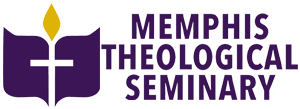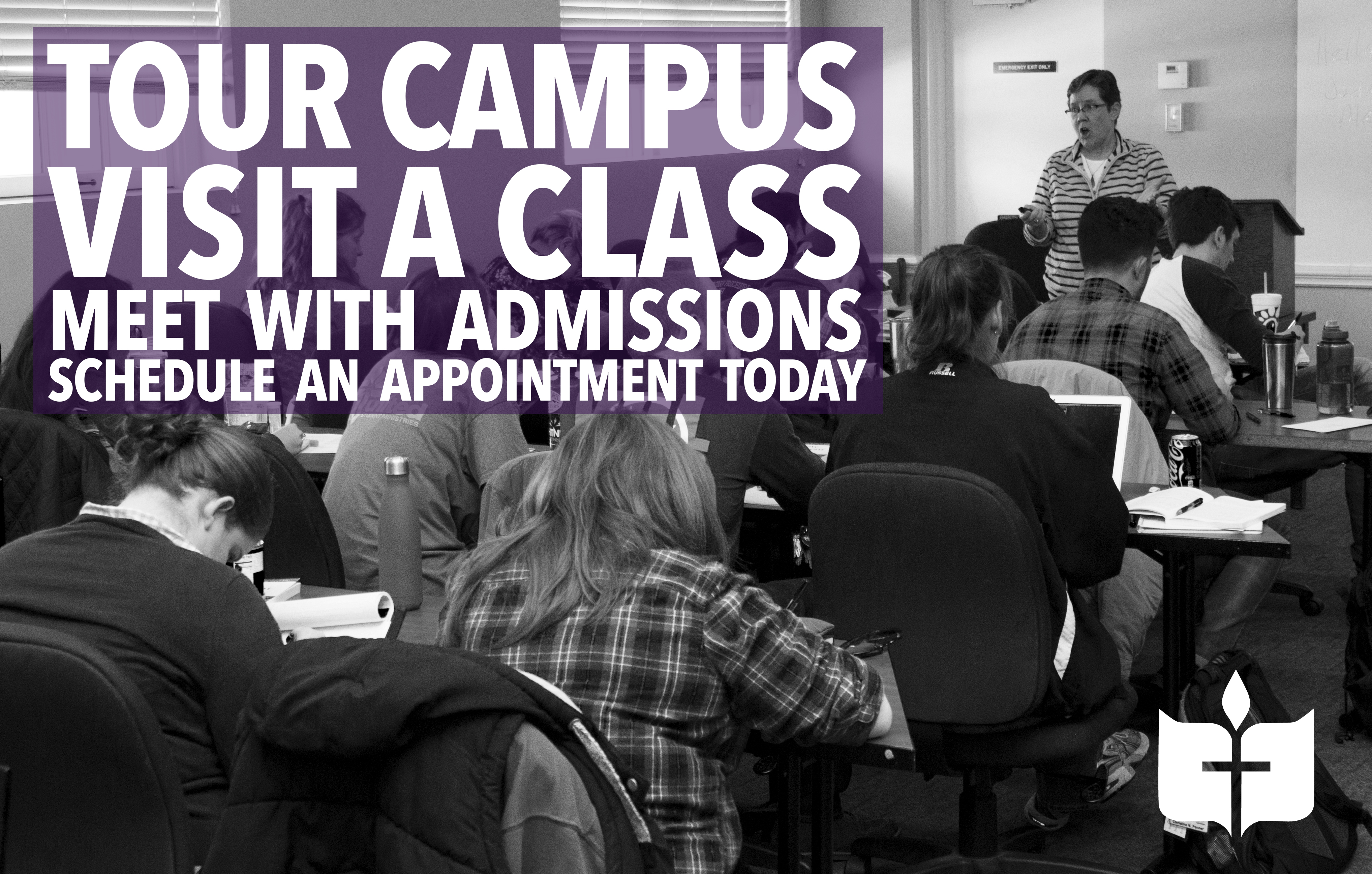The Master of Divinity is a standard path to pastoral leadership. Full-time students can expect a minimum three years for completion. Full-time students who take the night track can expect a minimum of four years for completion. The program of study includes classroom instruction and hands-on experience through immersions and practicums. Graduates from the MDiv program at MTS will receive a theological and practical education to equip for ministry in the real world.
The Master of Divinity degree curriculum objectives:
-
-
Religious Traditions
Courses in Scripture, Theology, and Church History provide students a solid foundation for understanding and sharing Christian faith in worship, preaching, and teaching. Scripture courses equip students with the knowledge and skills to understand, appreciate and use a critical approach to biblical studies. Christian Heritage I and Christian Heritage II, along with other Theology and Church History courses, prepare students for theological analysis and reflection grounded in the Christian tradition that recognizes the role of historical development in Christian belief and practice. -
Cultural Context
Students gain the ability to analyze and understand diverse cultural contexts in which ministry takes place, the various ways in which churches relate to economic,political, and cultural life, along with the ability to do ethical analysis from within the Christian tradition. -
Practice of Ministry
Students engage in courses that build their theological understanding and practical skills for ministry. Courses in preaching, worship, educational ministry, and pastoral care prepare students for the variety of ways in which Christian ministry provides leadership in a community of faith while it draws from and informs the ongoing life of the Church. -
Formation for Ministry
Students develop interpersonal skills and spiritual disciplines to address major recurring challenges within the life of ministry. Students come to see the vital connection between ongoing spiritual formation and ministry. -
Integrative Seminar
Students culminate their studies with an “Integrative Seminar” where they draw together scripture, theology, church history, and attention to cultural contexts in relationship to the practice of pastoral ministry. Students come to consider the ongoing importance of developing a “pastoral imagination” that creatively engages with challenges that arise in ministry through an interdisciplinary study.
-
Religious Heritage
| Introduction to Old Testament | 3 |
| Introduction to New Testament | 3 |
| One additional course in Old Testament and one in New Testament | 6 |
| Christian Heritage I | 3 |
| Christian Heritage II | 3 |
| One additional Theology Course and one additional Church History course | 6 |
| One additional Theology or Church History course | 3 |
| Total credits in Religious Heritage Core: | 27 |
Christianity and Culture
| Contexts and Models for Mission and Evangelism | 3 |
| Introduction to Christian Ethics | |
| Interfaith and Cultural: Any two courses from the following options a. A course in an Abrahamic religion other than Christianity (Islam, Judaism) b. World Religions survey course c. Comparative Religious Ethics d. Sociology of Religion e. Religion in Contemporary Culture: cultural analysis of religions in U.S. society f. An immersion course |
6 |
| Total Credits in Christianity and Culture Core: | 12 |
Ministry and Practical Theology
| Introduction to the Theology and Practice of Worship (includes practicum) | 4 |
| Introduction to the Theology and Practice of Preaching (includes practicum) | 4 |
| Introduction to Theology and Practice of Pastoral Care | 3 |
| Clinical Practicum | 3 |
| Theology and Practice of Pastoral Leadership | 4 |
| Introduction to Christian Education and Spiritual Formation | 3 |
| Formation for Ministry (two semesters in the first year) | 3 |
| Total Credits in Ministry and Practical Theology Core: | 21 |
| Total Core Credits: | 63 |
| Integrative Seminar | 3 |
| Free Electives (remaining credits after 66 with 84 total required) | 18 |
Total Credits: 84
Practicums are distributed throughout the curriculum so that students are grounded in ministry experience through the entirety of their course of study. There are practicums integrated into core courses on evangelism and mission, preaching, worship, and pastoral leadership. Additionally, there is a Clinical Practicum designed to give students pastoral care experience under supervision in a ministry setting.

